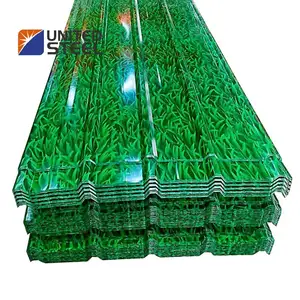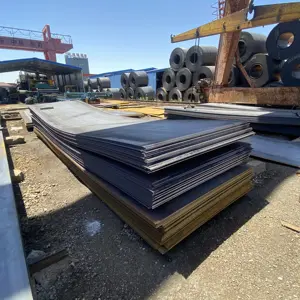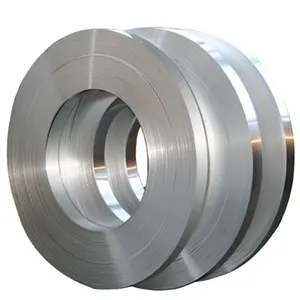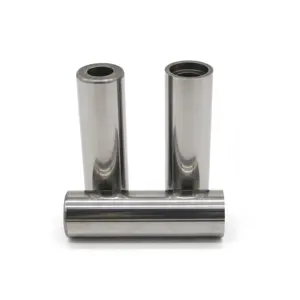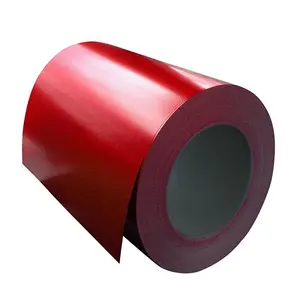Popular in your industry













































































Related Searches:


























































































































































Top categories
About dn65 galvanized steel pipe
A DN65 galvanized steel pipe is a robust and adaptable material widely employed across various sectors. Its design is engineered to endure rigorous conditions, and its zinc coating shields against corrosion and rust. The DN65 designation indicates a nominal diameter of 65 millimeters, positioning it as a medium-sized choice within the spectrum of galvanized pipes.
Types and Applications of DN65 Galvanized Steel Pipe
The DN65 galvanized steel pipe is available in multiple forms, each tailored for distinct purposes. Structural pipes provide the backbone for edifices and infrastructure, ensuring stability for both ephemeral and enduring constructions. Pipes for fluids are crafted for the secure and efficient conveyance of water, chemicals, and other liquids. Pipes for gas and oil are designed for the energy industry, offering a reliable passage for fuel under substantial pressure. In the realm of agriculture, pipes for chemical fertilizers are impervious to the harsh substances they transport, while drill pipes are sturdy enough to withstand the demands of extraction operations. Each variant is meticulously engineered to fulfill the stringent requirements of its designated function, guaranteeing dependability and efficacy. The assortment also includes specialized types such as hydraulic pipes for machinery and boiler pipes for heating systems, all benefiting from the galvanized pipe's resilience to high temperatures and pressures.
Structural Features and Benefits
The structural soundness of the DN65 galvanized steel pipe stands as one of its principal attributes. Its sturdy construction enables it to bear substantial loads, rendering it perfect for building frameworks and scaffolding. Its durability against environmental elements allows for outdoor usage without the worry of deterioration, offering a steadfast option for long-term endeavors. The pipe's adaptability is further augmented by its availability in both alloyed and non-alloyed variants, meeting diverse requirements for strength and pliability. The non-alloyed version typically suffices for standard applications, while the alloyed alternative provides enhanced robustness for more rigorous demands, such as those in the petrochemical industry where resistance to high pressure is paramount.
Materials and Surface Treatment
The galvanized steel constituting these pipes undergoes various surface treatments to bolster its characteristics. Hot-dipped galvanization is a prevalent method that applies a thick, enduring zinc layer. Cold-rolled options deliver a finer finish, whereas pre-galvanized pipes receive treatment prior to formation. Pipes painted black and those with a zinc coat offer extra defense and aesthetic choices, with anti-corrosive features ensuring longevity. For applications necessitating a pristine, paint-ready surface, treatments like shop primer and shot blasting are also accessible. The selection of material and surface treatment is a pivotal choice that influences the pipe's performance in specific settings. Galvanized steel is often selected for its sturdiness and anti-corrosive properties, ensuring a long-lasting solution with minimal maintenance, thus proving cost-effective over time.
Business Usages and Applications
The DN65 galvanized steel pipe is essential in industries such as construction, where it serves as the skeleton for structures and aids in the conveyance of water and waste in residential and commercial contexts. In the energy domain, these pipes are vital for the secure transportation of gas and oil. The agricultural sector depends on them for irrigation and the distribution of fertilizers. Each use benefits from the pipe's robustness and resistance to corrosion, leading to safer operations and less downtime, thereby generating substantial business value. In manufacturing, these pipes find use in conveyor systems and as protective sheaths for electrical wiring, underscoring their versatility and crucial role in enhancing industrial efficiency.
Functions and Performance
Engineered to operate under duress, the DN65 galvanized steel pipe serves as a channel for materials ranging from water and gas to chemicals and waste. Its build accommodates high-pressure flows, and its galvanized surface averts contamination of the conveyed substances, ensuring efficient and secure performance. The pipe's capacity to retain structural integrity under thermal duress also renders it apt for transporting heated fluids or gases, a necessity in sectors such as power generation and chemical processing.
Distinctive Features and Capabilities
The DN65 galvanized steel pipe features a high strength-to-weight ratio, combining lightness with durability. Its zinc coating, applied via hot-dip galvanization, offers superior corrosion resistance compared to other coatings. This characteristic serves as a unique selling proposition, guaranteeing an extended service life and reduced upkeep costs over time. Moreover, the uniformity of the coating achieved through this method ensures consistent protection across the pipe, which is crucial in scenarios where exposure to corrosive substances or environments is a concern.
Benefits and Advantages
Employing DN65 galvanized steel pipe confers numerous advantages, such as enhanced safety due to its structural integrity and rupture resistance. Its anti-corrosive properties prolong its usability, yielding savings on replacement and repair costs. Moreover, its wide-ranging applicability across different sectors makes it a versatile and valuable solution for myriad uses. The environmental advantage of galvanized steel is also significant, as the material's durability reduces the frequency of replacements, thereby diminishing waste and the demand for raw resources.
How to Choose the Right DN65 Galvanized Steel Pipe?
Selecting the appropriate DN65 galvanized steel pipe entails evaluating the specific demands of your project. Considerations such as the nature of the fluid or gas to be transported, the environmental conditions, and the necessary pressure rating will guide the choice of the most fitting pipe. It's also crucial to assess the compatibility of the pipe with other system components and to decide whether a non-alloy or alloy pipe would be more suitable. The thickness of the galvanized coating and the galvanization technique may also affect the decision, depending on the anticipated lifespan and the degree of exposure to corrosive elements.
What are the advantages of using DN65 galvanized steel pipe in construction?
The use of DN65 galvanized steel pipe in construction offers manifold benefits. Its resilience and corrosion resistance render it an exemplary choice for outdoor structures, while its moderate dimensions ensure suitability for diverse applications without excessive bulk. The galvanization process confers an extended service life compared to non-galvanized counterparts, curtailing the need for frequent replacements and maintenance. Its straightforward installation and capacity to endure harsh climatic conditions also make it a favored option among contractors and builders.
How does the quality of DN65 galvanized steel pipe ensure safety in industrial applications?
The caliber of DN65 galvanized steel pipe is crucial in safeguarding safety within industrial applications. Superior galvanization forms a barrier against corrosion, which could otherwise lead to structural compromises. Rigorous compliance with international norms and the employment of sophisticated manufacturing techniques enhance the pipe's dependability amidst various stresses, pressures, and environmental challenges, ensuring the security of industrial processes. Consistent quality oversight during production yields a trustworthy product for essential applications.
What should be considered when integrating DN65 galvanized steel pipe into existing systems?
Incorporating DN65 galvanized steel pipe into pre-existing systems demands careful consideration of the pipe's compatibility with the system's materials and the chemical properties of the fluids or gases involved. Factors such as the thermal expansion coefficient, pressure ratings, and connection methods must be accounted for to guarantee a smooth and secure integration that does not compromise the system's integrity or functionality. Moreover, the existing system's design should be scrutinized to ascertain if the DN65 pipe's dimensions and flow characteristics are congruent with the system's operational requirements.
